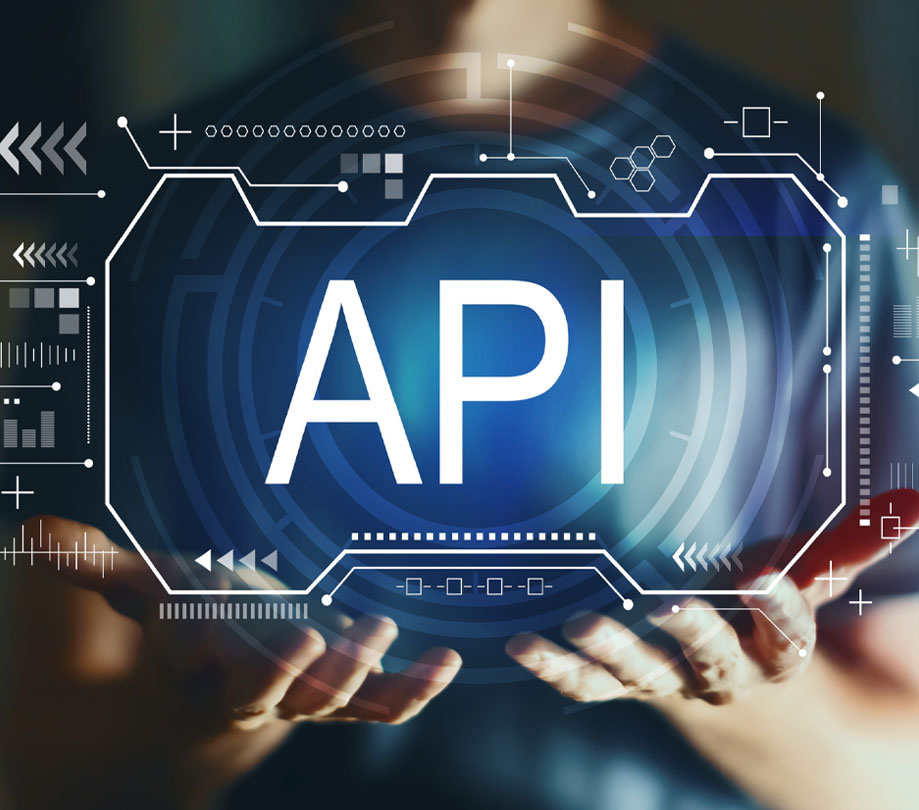API
API governance explained and why it matters
Tuesday, March 28, 2023

|
Darshan Shivashankar |

Darshan Shivashankar explains the benefits of API governance and why good API governance doesn't only matter with regard to potential third parties, it matters for the smooth functioning of a given organization, plus why it needs to be baked into the process from the start.
APIs are the building blocks of the modern web economy. On any given day the average consumer might interact with dozens of them, from the weather app on their phone to the GPS in their car to their preferred social media platform or e-commerce store. By facilitating interoperability on a massive scale, they've enabled the contemporary digital world as we know it today.
Of course, all of the hundreds of millions of APIs exist in a broader API ecosystem, one with increasingly defined standards and processes. Failure to comply with those standards can prevent your API (and thus, your company) from properly scaling. This is all to say that, especially in 2023, good API governance is more important than ever.
Many companies still look at API governance as an after-the-fact issue, you build the API. Then someone else ensures that it's compliant, meets government standards, can adequately integrate with certain other APIs, etc. This is the wrong way to look at things. Good API governance needs to be baked into the process from the start, it should help to guide every step of the process from conception to retirement.
Why API governance matters
No API exists in a vacuum. The goal, invariably, is to create something that will be useful to other people, something that other companies will be eager to integrate into their apps. If your API makes this difficult if it fails to follow certain standardized patterns, blueprints, and templates, the odds of widespread adoption decrease significantly. And this is true whether you're an independent developer or just one employee at a large company.
Fundamentally, the point of API governance is to keep everybody on the same page, both internal (product managers, for instance) and external (say, potential enterprise partners). Decades of trial and error with APIs over the span of decades have yielded a set of best practices that apply across industries; applying these to your APIs saves both time and money.
Obviously, testing is essential here, and standardized templates help enormously in this respect as well. Everyone involved ends up more confident in the process; fixes are made with significantly greater ease, allowing all stakeholders to focus on more pressing issues.

The benefits of API governance explained
It's important to note, again, that good API governance doesn't only matter with regard to potential third parties, it matters for the smooth functioning of a given organization. When APIs are consistent, employees can switch easily between projects, ensuring their skill sets don't go to waste. Meanwhile, no individual employee can accrue so much knowledge that their departure would damage the company, protocols are known and consistent, and so turnover (an inevitability in the tech world) becomes less of an issue.
One could argue that this level of consistency could actually stymie innovation, but inevitably, the greater degree of collaboration fostered by good API governance will offset that potential (and, frankly, often exaggerated) loss.
Think of it this way: virtually every movie or book follows one template or another. Nothing ever comes out of thin air. Does that mean that no book or movie can be innovative, just because it's following a well-established pattern? Of course not. Templates like these don't limit what's possible, rather, they provide a sturdy foundation to build and improve on over time.

What's the best way to govern APIs?
The term "API sprawl" has gained currency in recent years, and with good reason, with the number of active APIs shooting up to well over 200 million and causing any number of headaches for developers. Put simply, the ecosystem is clogged: there are too many APIs in too many places resulting in needless clashes and duplications.
The point of API governance is to regulate this process, smooth out this tangled mass of APIs, and turn it into something clean, efficient, and ultra-optimized. By enriching APIs with essential metadata, and making them usable and consumable at every stage of their life cycle, good API governance radically simplifies what has to this point been an often-complicated, frustrating process.
Management platforms are essential to this process. For developers, the reams of documentation that proper API governance necessitates can often feel like a burden, developers view that work as extraneous to their core responsibilities. Management platforms automate this process: they generate documentation, build catalogs, and push them out into delivery portals, where they can be discovered by external players or any third parties who might want to leverage your API.
Good API governance facilitated by management platforms redounds to the benefit of both users and developers. It drastically reduces the risks of downtime or error codes, helps to boost user confidence, and automatically enhances your product's reputation, making mass adoption a much higher likelihood.
For years now, people have been talking about our "API economy," which allows developers to profit by turning their APIs into easy-to-integrate products. As many have pointed out, this API economy is not only for tech companies, every company could stand to benefit, in some way, by investing in APIs. But ultimately, any given API is only as good as the governance protocols that guided its creation. With hundreds of millions of APIs jostling for attention simultaneously, API governance is the only way to ensure your API doesn't get lost in the noise.
This content is made possible by a guest author, or sponsor; it is not written by and does not necessarily reflect the views of App Developer Magazine's editorial staff.

Become a subscriber of App Developer Magazine for just $5.99 a month and take advantage of all these perks.
MEMBERS GET ACCESS TO
- - Exclusive content from leaders in the industry
- - Q&A articles from industry leaders
- - Tips and tricks from the most successful developers weekly
- - Monthly issues, including all 90+ back-issues since 2012
- - Event discounts and early-bird signups
- - Gain insight from top achievers in the app store
- - Learn what tools to use, what SDK's to use, and more
Subscribe here













Comments